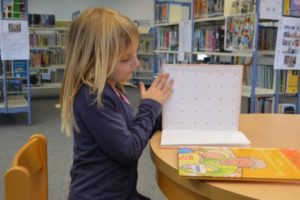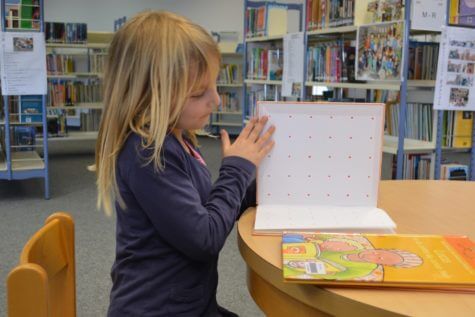COLUMBUS, Ohio — Is the current public school curriculum for first graders too easy? A new study finds that children are graduating kindergarten with stronger reading skills than they did more than a decade ago.
“We have evidence that the increased emphasis on learning important skills earlier in life is having a real impact on helping develop reading abilities by first grade,” says Jerome D’Agostino, professor of educational studies at Ohio State University and lead researcher of the study, in a university press release.

Researchers looked at over 364,000 first graders from 44 states over a 12-year period concluding in 2013. More than 85 percent of the students studied were low-achieving pupils enrolled in an intervention program called Reading Recovery, which is intended for young children struggling with literacy.
The remaining 15 percent of those studied were randomly selected from the same assortment of 2,300-plus schools as their struggling peers.
All first graders examined in the study took a test immediately prior to starting that academic year that examined basic skills (letter identification, word recognition, ability to identify and use sounds and print awareness) and advanced reading skills (writing vocabulary and text reading). As a whole, students demonstrated marked improvement on both skill sets over time, which is likely attributable to both legislation— e.g. No Child Left Behind Act— and new approaches to teaching.
In fact, average scores in each category tested increased over the 12 years, leading researchers to believe students graduate kindergarten with skills they would have typically learned a year later.
“Children are better prepared when they enter first grade than they used to be,” commented co-author Emily Rodgers. “Kindergarten is the new first grade when it comes to learning reading skills.”
Still, while overall reading skills improved over the period examined, the gap in advanced reading proficiency between the best- and worst-performing first graders actually increased by 2013, lending some concern to the researchers.
“There’s a missing link between teaching low-achieving students basic literacy skills and having them actually put those skills to use in reading,” says D’Agostino. “We don’t know what that is yet.”
Meanwhile, lower-achieving students were found to have somewhat closed the gap when it came to more basic reading skills — for example, letter identification, word recognition, and the ability to identify and use sounds.
All in all, the study is still a positive sign that reading ability has begun to improve at younger ages.
The study is published in the current issue of the journal Educational Researcher.

Comments
Comments are closed.